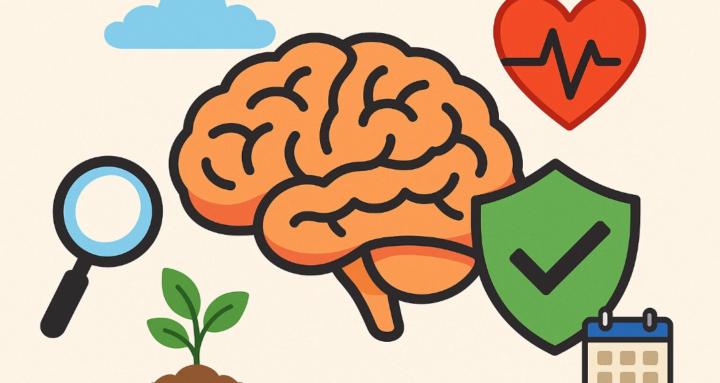🧠 Small Steps, Big Impact: Making Brisk Walking a Habit
Getting 150 minutes of moderate-intensity aerobic activity per week is linked to a reduced risk of stroke.
And one of the easiest ways to get started? Brisk walking.
It’s simple, free, and surprisingly powerful for your brain and heart health.
🚶♀️ Why Brisk Walking Deserves a Spot in Your Routine:
- Gets your blood flowing and lowers blood pressure
- Clears your mind and eases anxiety
- Improves your cholesterol profile
- Helps manage weight and blood sugar
💬 How do you know if you're walking briskly? You should be able to talk, but not sing - that’s the brisk zone!
📱 Want a simple way to stay on track? Try the Active 10 App
Not sure if your walking counts as brisk? Or just need a bit of motivation? The NHS-recommended Active 10 app tracks your pace, helps you set goals, and celebrates your progress. It’s free, easy to use, and surprisingly satisfying.
I was curious about my own walking habits at work, so I downloaded it. After a busy 12-hour shift, I checked the app- -only 3 minutes of brisk walking. So disappointing! I felt constantly on the move, but the app reminded me: pace matters.
❓ Have you ever used Active 10 or another tracker? What did you discover about your walking habits?
1
6 comments
powered by

skool.com/stroke-proof-3705
We use real evidence — not hype — to take every step possible to prevent strokes and live longer, healthier, happier lives.
Suggested communities
Powered by
